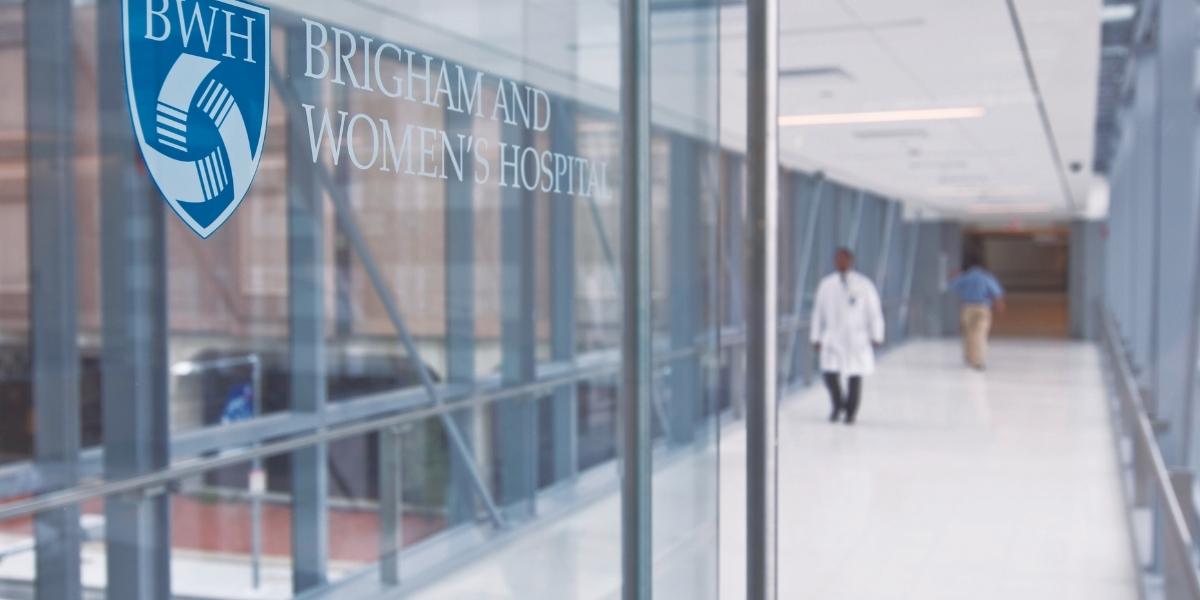
Harvard Surgical HSR Speaker Series
The Surgeon-AI Partnership: Leveraging Clinician Intuition to Improve Algorithms
Gabriel Brat, MD, MPH, FACS
Gabriel Brat is a trauma surgeon and critical care physician at Beth Israel Deaconess Medical Center and a faculty in biomedical informatics in the Department of Biomedical Informatics at Harvard Medical School. As the director of the Surgical Informatics Lab, Dr. Brat has a broad research focus on informatics tools to improve surgical outcomes. His research interests include clinical decision support tools to optimize surgical opioid prescribing as well as leveraging large-scale database and machine learning models to predict the natural history of surgical care. Recent publications have shown application of these algorithms on national insurance data to build point of care models to predict surgical needs and adverse outcomes. Dr. Brat is also interested in using machine learning methods to better understand intra-operative events and their impact on downstream outcomes. A substantial collaboration with researchers at Stanford has generated computer vision methods to auto-segment and track surgeon behavior in surgical videos.
He is also the clinical lead for the international 4CE consortium, a federated analytics effort that leverages real world data from 350 hospitals across 9 countries to surface insights about the COVID-19 pandemic. As the co-founder of a recently acquired machine learning and computer vision company, he continues to teach a health IT innovation course at Harvard Medical School and mentors digital health startups. Gabriel has an undergraduate degree in bioengineering and a graduate degree in public health and biostatistics from the London School of Hygiene and Tropical Medicine. He completed his medical training at Stanford University and his surgical residency at Johns Hopkins Hospital.
Tuesday, October 11th
4:00-5:00 p.m. EDT
Hybrid Webinar
BC-4118, 4th Floor, One Brigham Circle, 1620 Tremont Street, Boston, MA
Learning Objectives:
Upon completion of this activity, participants will be able to:
- Recognize limits, inconsistencies, and capabilities of clinical knowledge and intuition.
- Evaluate examples of hybrid algorithms that leverage clinical data and surgeon perception.
- Discuss future surgical workflows that are a product of surgeon-AI collaboration.
Target Audience
This activity is intended for research faculty and trainees
Course Director
Zara Cooper, MD, MSc, FACS
Michele and Howard J. Kessler Distinguished Chair of Surgery and Public Health
Kessler Director, Center for Surgery and Public Health, Brigham and Women’s Hospital
Director, Center for Geriatric Surgery, Brigham and Women’s Hospital
Professor of Surgery, Harvard Medical School
ACCREDITATION
In support of improving patient care, Mass General Brigham is jointly accredited by the Accreditation Council for Continuing Medical Education (ACCME), the Accreditation Council for Pharmacy Education (ACPE), and the American Nurses Credentialing Center (ANCC), to provide continuing education for the healthcare team.
Mass General Brigham designates this live activity for a maximum of 1 AMA PRA Category 1 CreditTM. Physicians should claim only the credit commensurate with the extent of their participation in the activity.


